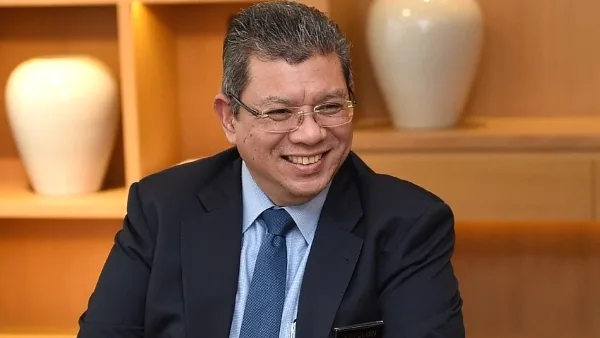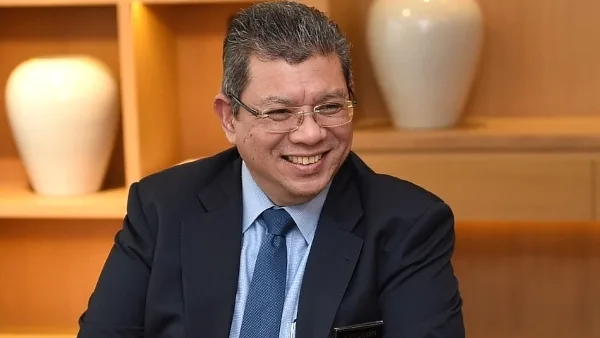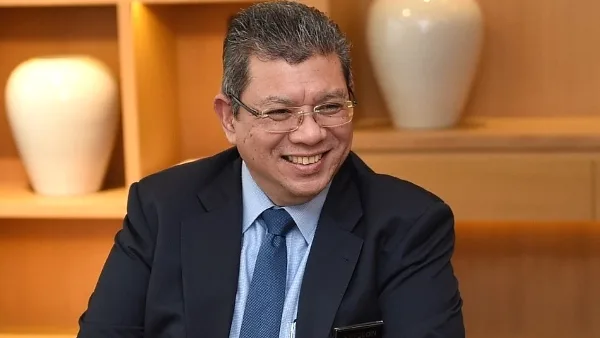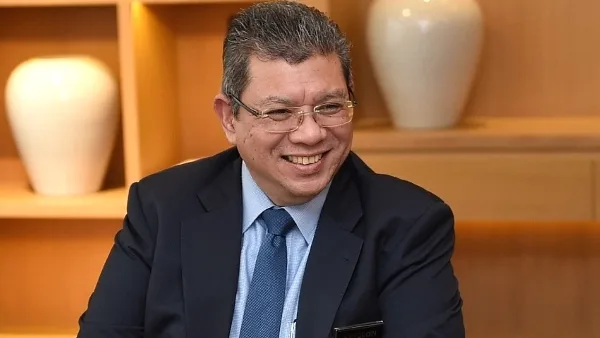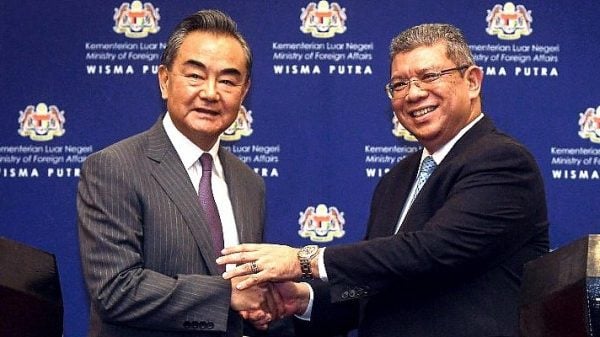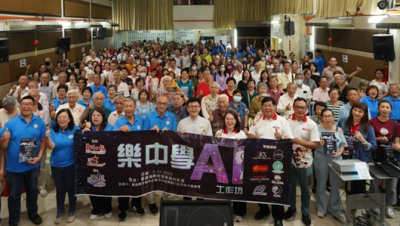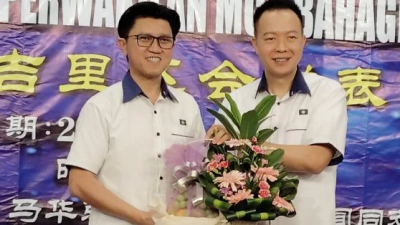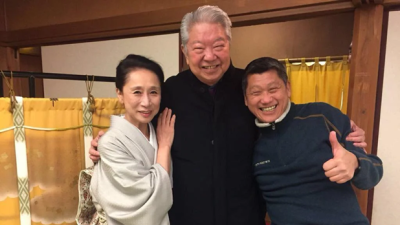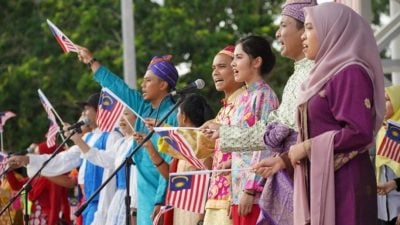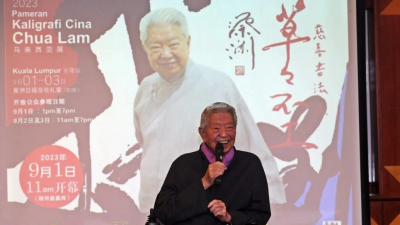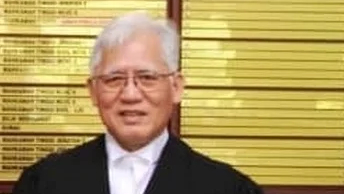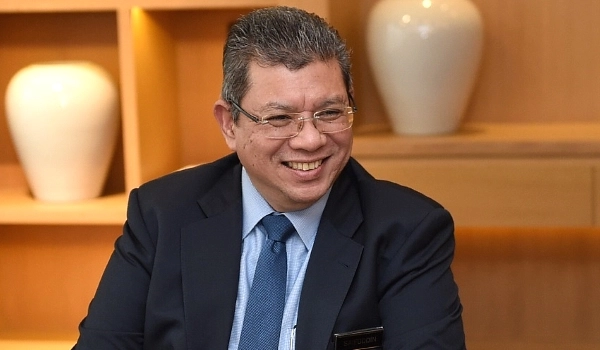
During the debate on lowering the voting age from 21 to 18 – ‘Undi18’ – for which amendments to the Federal Constitution had been passed, a very important issue arose; namely political education. According to the proposer, political education is needed for youths who will vote for the first time when they turn 18, starting with GE15.
That need is undeniable. But the question remains, why is this matter raised now? Why has it not been raised before? Is it because there is still exists a view that the youth are not ready to vote? That the youth are immature? That the youth are easily influenced? Is it because there are still those who belittle and distrust the youth?
In actuality, we need political education from the very beginning of practicing democracy. However, political education does not necessarily mean the creation of a specific course where all citizens must follow certain classes. Political education can mean political socialization and a good democratic ecosystem. Political and government leaders who carry out their duties efficiently, trustworthily, virtuously, and set a good example are also important factors in fostering a political ecosystem that educates the people, especially the youth.
For the youth, ‘political education’ might not necessarily be a suitable term. Many youths have skewed views toward politics. Or looking at politics from certain angles; including from narrow and negative angles. Many are not interested, and even hate politics. In this case, they are not to be blamed. This is a result of the weaknesses of political parties and their members, democratic institutions, the government, and so on over time.
A better approach might be by not using the term ‘politics’. ‘Democracy’ is a better term. However, since youth and the people are often exposed to ‘passive democracy’ when our goal is for youths to fully participate – ‘active democracy’ – i.e. not limited to voting alone, then, the more accurate term would be ‘participatory democracy’.
These discussions should involve all youths, namely those in schools, those in universities, and those out of schools/universities.
Education on youth political participation requires a comprehensive module. It involves several things. Among them, what are the goals? Are there elements of active participation in the existing formal and non-formal education system? What are the contents of the module? What is the appropriate approach? What is the impact of the digital age & social media on democracy and youth political participation? What forms of relationship between youth political participation and the real world of politics?
That is part of the struggle to develop a more mature Malaysian democracy.
(Datuk Seri Saifuddin Abdullah is the Minister of Foreign Affairs and Member of Parliament for Indera Mahkota.)
ADVERTISEMENT
ADVERTISEMENT






